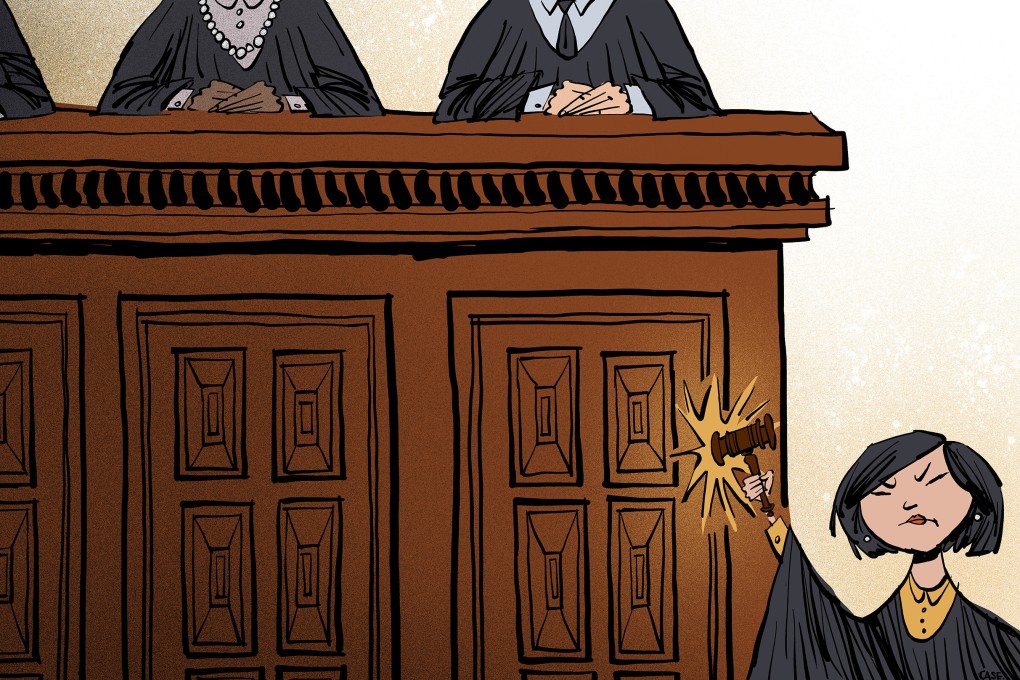Opinion | Asian-Americans still waiting for their US Supreme Court voice
- For all Biden’s talk of representing everyone, his pick of Ketanji Brown Jackson leaves Asian-Americans on the outside looking in again
- The bipartisan exclusion of Asian-Americans from high government offices suggests there are greater barriers limiting their opportunities

In the late 1950s, at the start of my career at the US Library of Congress, a man I did not know asked to join me one day as I ate lunch in the cafeteria. Such occurrences were not uncommon on Capitol Hill, where thousands of advisers, officials, staff, journalists and Congress members convened on any given day.
Yet the man I shared my table with that day held a far more important position than most of my usual lunchtime companions: he was Supreme Court Justice William Douglas.
While there are 100 Senators and 435 members of the House of Representatives, the Supreme Court – the highest court in the United States – has consisted of just nine justices since 1869. The US Constitution created the judicial branch, which includes the Supreme Court, as an equal of the legislative and executive branches.
Each justice is one of the most important figures in the US government with massive responsibilities, and each serves for life or until they choose to retire.

